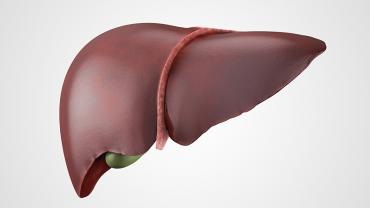
A healthy, nutrient-rich diet helps provide the body with vitamins, minerals, and other compounds necessary for the complex biochemical processes that take place. Organ meats are among the most nutrient dense food groups, but over time these meats lost their place on the dinner table. More recently, organ meats have become popular additions once again to a well-balanced, nutrient-rich eating pattern, which is due, in part, to the recognition of their nutrient-dense composition.
Organ meats sourced from grass-fed cattle contain some essential vitamins and minerals, including vitamins A and E, the B vitamins, and heme iron. Deficiencies of many of these nutrients have been found to potentially play a role in the development of chronic conditions, including mental health disorders. For example, iron deficiency has been found to be associated with mood disorders. Vitamins A and E support antioxidant status, especially relating to lipid peroxidation. Excess oxidative stress has been shown to play a role in the development of mood disorders. B vitamins play crucial roles in energy production, DNA synthesis, neurotransmitter synthesis and function, methylation, neuronal function, and the one-carbon cycle. Studies have found an association between B vitamins and depression, and other mood disorders. Consuming organ meats may provide one source of these key nutrients in the diet to help reach overall nutritional goals.
Organ meats have also been found to have a favorable omega-3 and omega-6 fatty acid ratio, which promotes a healthy inflammatory response. Chronic inflammation has been found to be associated with depression and other mood disorders. Additionally, studies have found omega-3 fatty acids may support other potential underlying factors contributing to the development of depression, including neurotransmitter imbalances and hypothalamic-pituitary-adrenal (HPA) axis dysfunction. Adding organ meats to a healthy eating pattern may help support a favorable omega-3 and omega-6 fatty acid ratio.
The development of chronic health conditions, including mental health disorders, involves many potential factors, many of which are still under investigation. Studies have highlighted the role that is played by the deficiency and insufficiency of key nutrients. Adding organ meats to a balanced diet, as a nutrient-dense source of several important nutrients and beneficial compounds, may have many positive impacts on health.
By Kendra Whitmire, MS, CNS